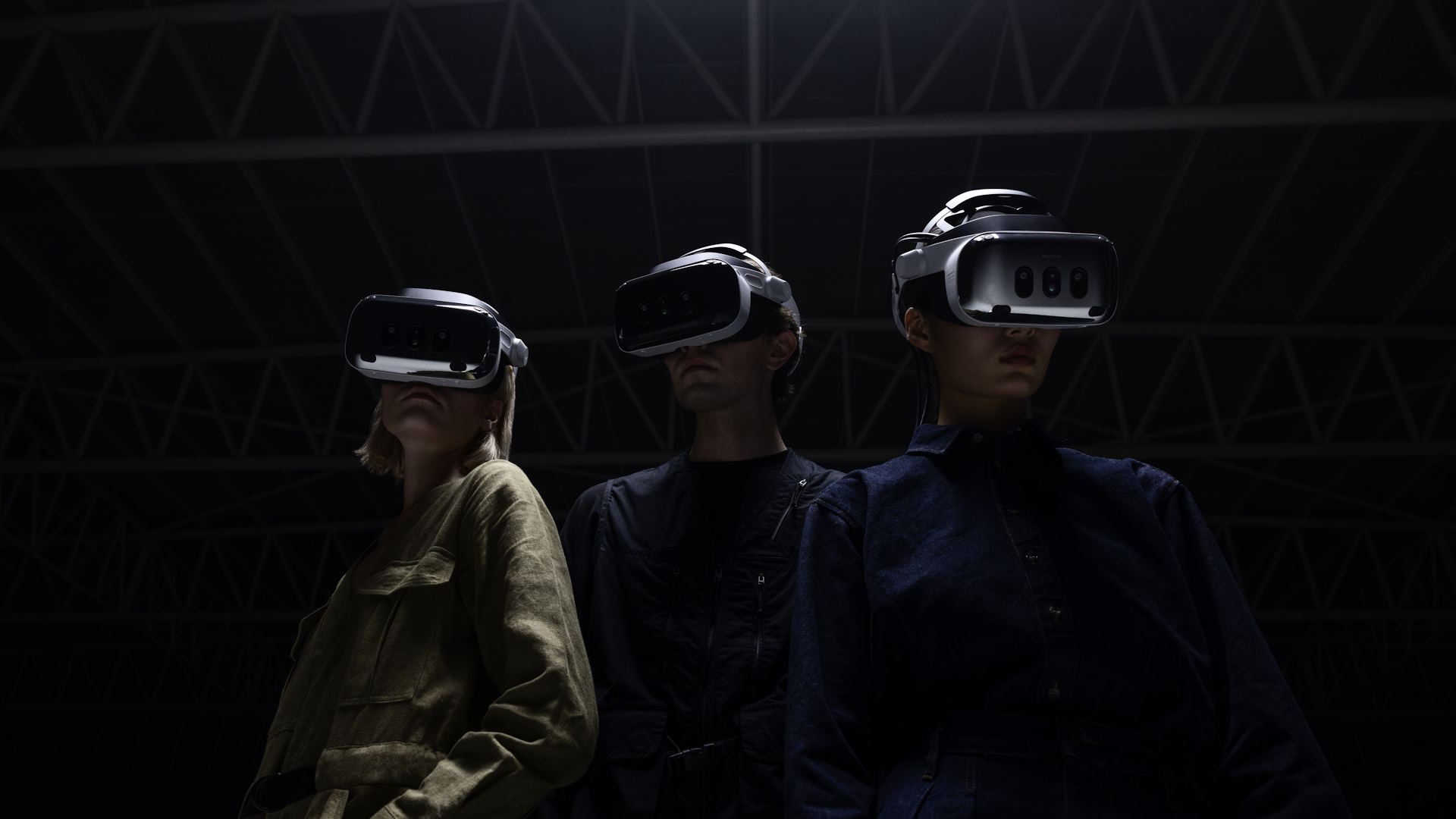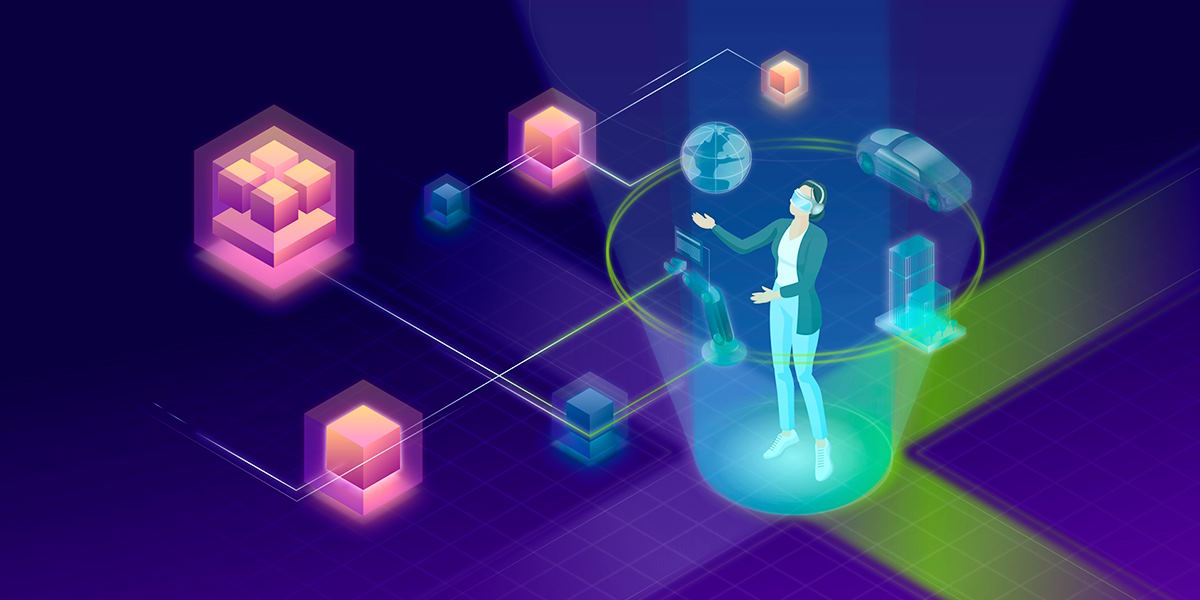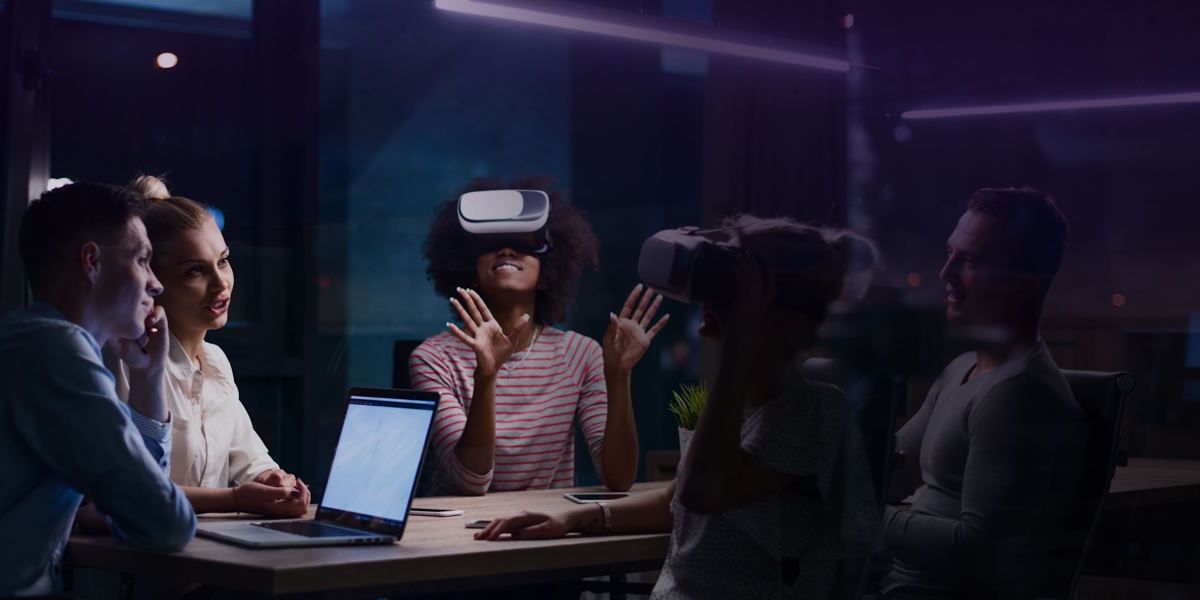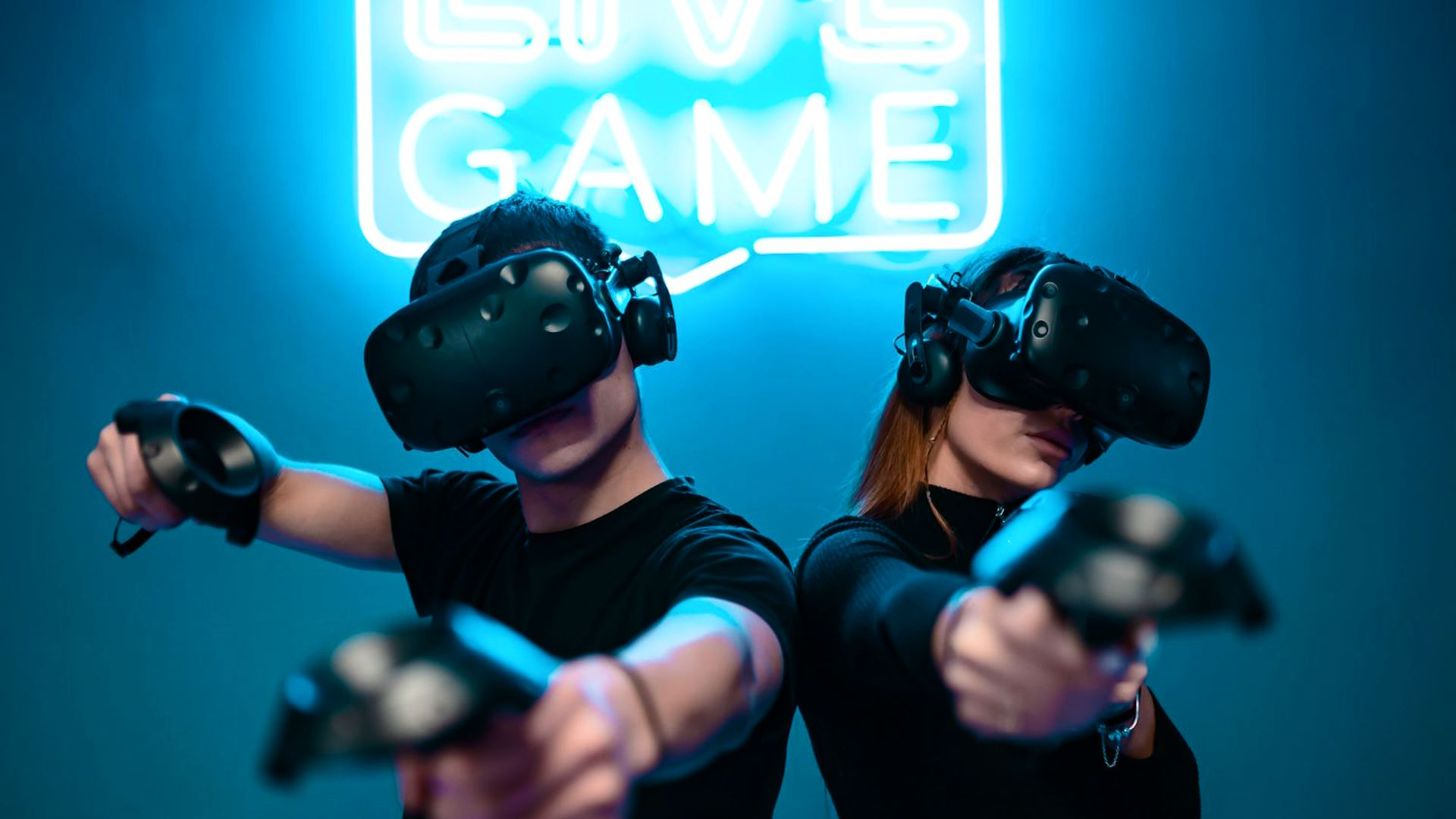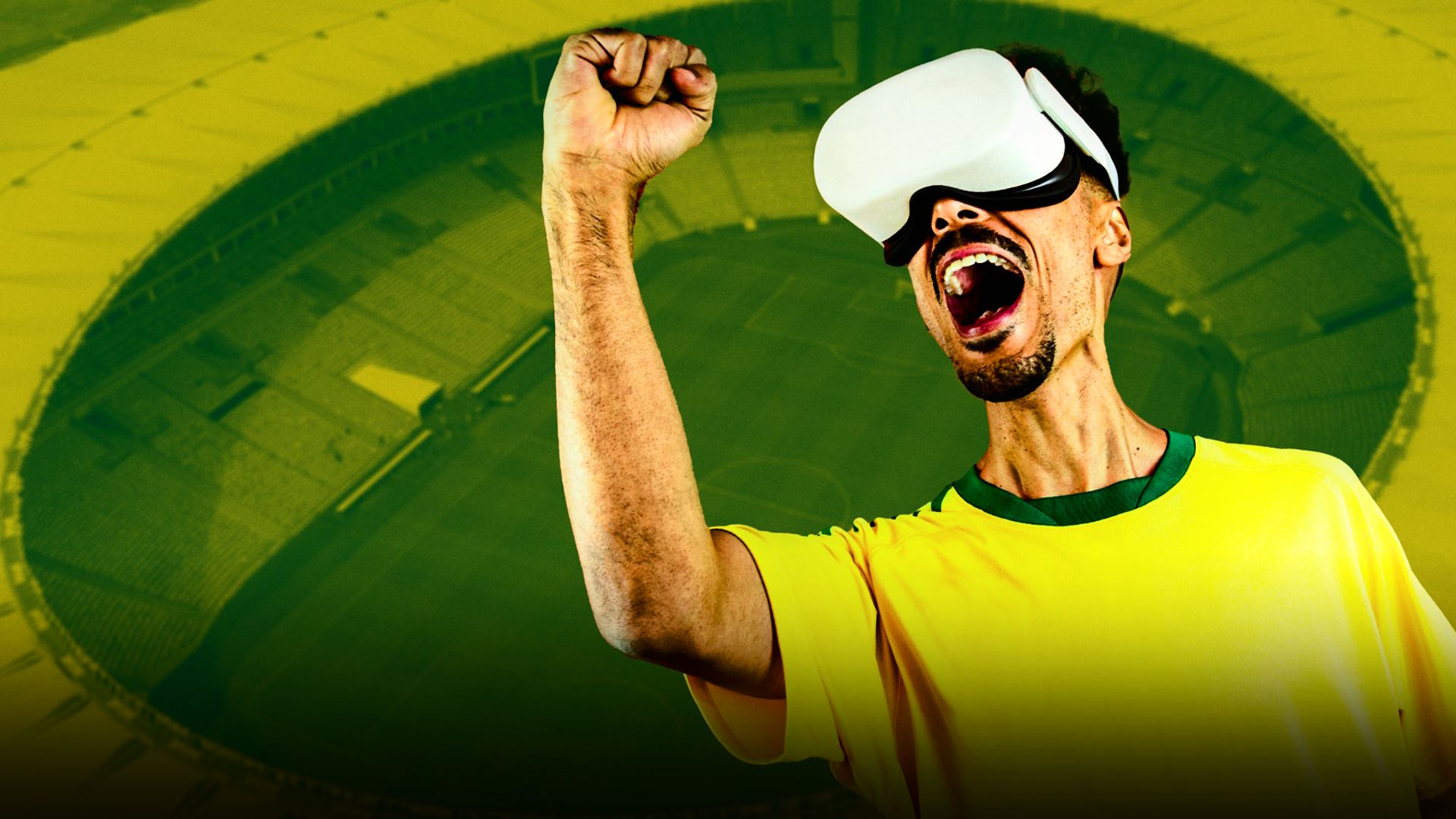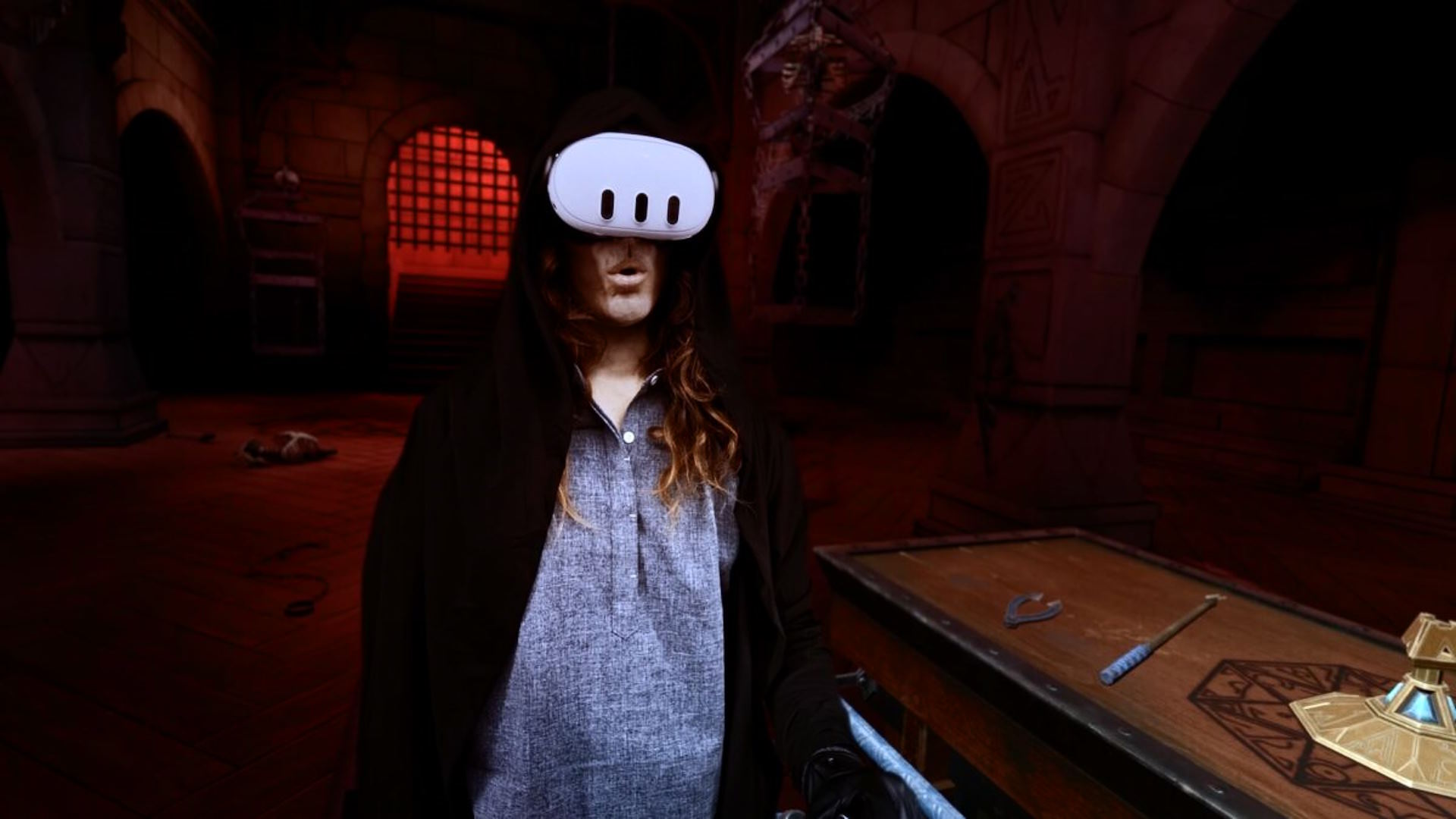Virtual Reality (VR) has significantly changed the landscape of gaming, offering immersive experiences that were once limited to science fiction. As VR technology continues to evolve, its impact on multiplayer games is becoming increasingly apparent. In this article, we’ll explore how real-time player interaction in VR environments, enhanced social connections through VR multiplayer, and the impact of VR on multiplayer game dynamics are transforming the way people play games together.
Real-Time Player Interaction in VR Environments
One of the most exciting features of VR technology is its ability to create real-time player interaction within a fully immersive environment. Unlike traditional games where players interact through avatars or text chat, VR allows players to move and communicate naturally in a 3D space.
- Body movement and gestures: Players can use their bodies to control actions, making interactions feel more lifelike.
- Voice chat: VR multiplayer games often integrate spatial audio, which allows players to hear voices from specific directions, making communication feel more natural and immersive.
This technology enhances the sense of presence and connection, allowing players to truly interact with one another in ways that traditional games cannot replicate.
Enhanced Social Connections Through VR Multiplayer
VR multiplayer games are revolutionizing social interaction in gaming. The immersive nature of VR enables enhanced social connections by making online interactions feel more personal and engaging.
- Virtual meetups: Players can meet up in virtual spaces, from fantasy landscapes to virtual living rooms, to hang out and chat.
- Collaborative gameplay: Games like Rec Room and VRChat offer social experiences where players collaborate, play mini-games, and explore new environments together.
These opportunities foster deeper bonds between players, helping to strengthen friendships and create more meaningful connections.
The Impact of VR on Multiplayer Game Dynamics
The introduction of VR into multiplayer games has led to shifts in how these games are designed and played. VR multiplayer dynamics bring new challenges and opportunities for developers and players alike.
- Immersive game mechanics: VR enables more interactive and dynamic gameplay, where players can physically dodge obstacles or manipulate objects in the game world.
- Enhanced competition and cooperation: VR multiplayer experiences encourage both competitive and cooperative gameplay, as players can team up or battle each other in ways that feel incredibly realistic.
VR technology is fundamentally transforming multiplayer games by offering real-time player interaction and enhanced social connections, making gameplay more immersive, engaging, and dynamic. As VR continues to evolve, the future of multiplayer gaming will undoubtedly be shaped by even more innovative ways to bring players together in virtual spaces.


